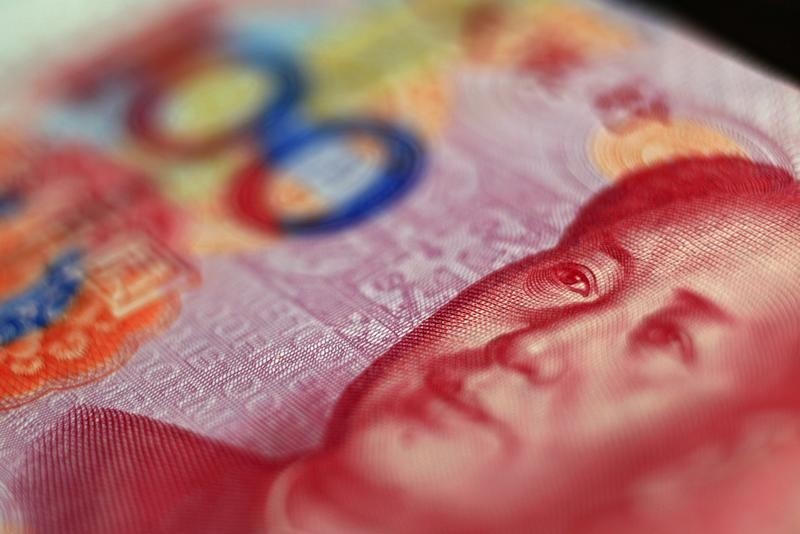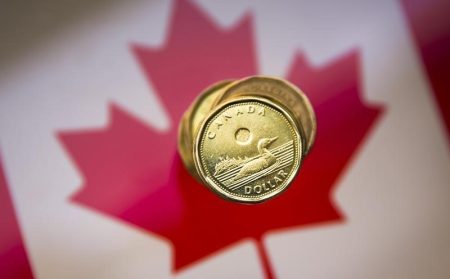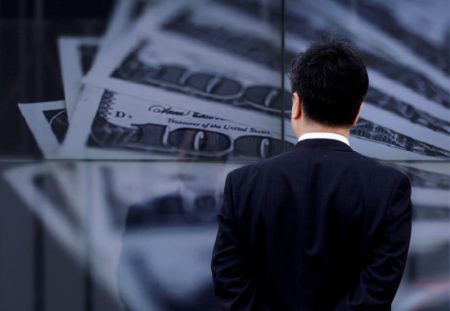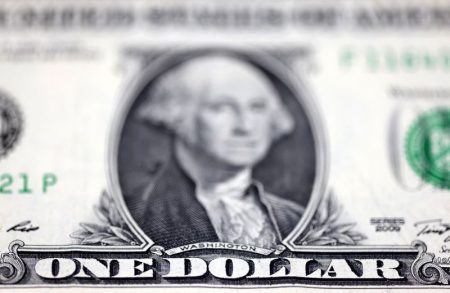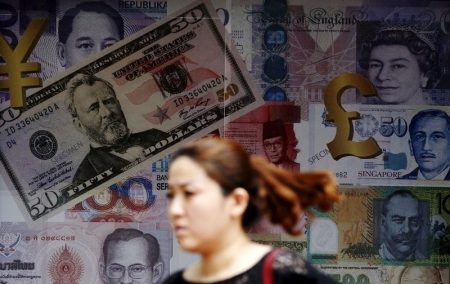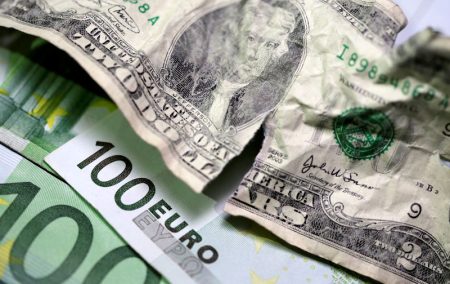Investing.com — Most Asian currencies moved little on Friday, while the dollar steadied from recent gains as more stimulus measures in China did little to improve sentiment amid concerns over rising interest rates and a worsening economic outlook.
The dollar recovered sharply from 15-month lows this week as traders pivoted into safe havens ahead of a next week. While the central bank is expected to hike interest rates by 25 basis points, markets remained uncertain over whether the bank will signal a .
The and saw some mild profit taking on Friday, falling 0.1% each in Asian trade. But they were both set to gain nearly 1% this week.
This saw most Asian units headed for some weekly losses, with investors remaining wary of risk-driven assets ahead of the Fed meeting.
Chinese yuan strengthens after strong fix, stimulus measures in focus
The rose 0.1% on Friday after a substantially stronger daily midpoint fixing by the People’s Bank. The currency recovered from the 7.2 level to the dollar after being battered by concerns over slowing economic growth in China through the week.
China’s top currency regulator said on Friday that the country will , after media reports said that the country’s biggest state-owned banks had intervened in currency markets by selling dollars to support the yuan.
On the stimulus front, China’s top economic planner, the National Development and Reform Commission, aimed at supporting spending on automobiles and consumer electronics.
While the move points to more support for a slowing economic recovery in the country, increased liquidity also heralds more pressure on the yuan. Broader markets also did not appear too cheered by the new stimulus measures.
The yuan is one of the worst-performing Asian currencies this year, down 4% to the dollar.
Other Asian currencies were muted, with the falling 0.3%, while the traded sideways.
Japanese yen flat, CPI inflation grows in June
The was flat as data showed (CPI) inflation remained sticky through June. The reading showed that Japanese inflation was beginning to pick up despite government measures to curb high prices, and could eventually pressure the Bank of Japan (BOJ) into tightening monetary policy. A reading on also remained near 40-year highs.
Still, a Reuters poll showed that markets largely expect the BOJ to stand pat on its yield curve control policy when it meets next week.
Read the full article here





